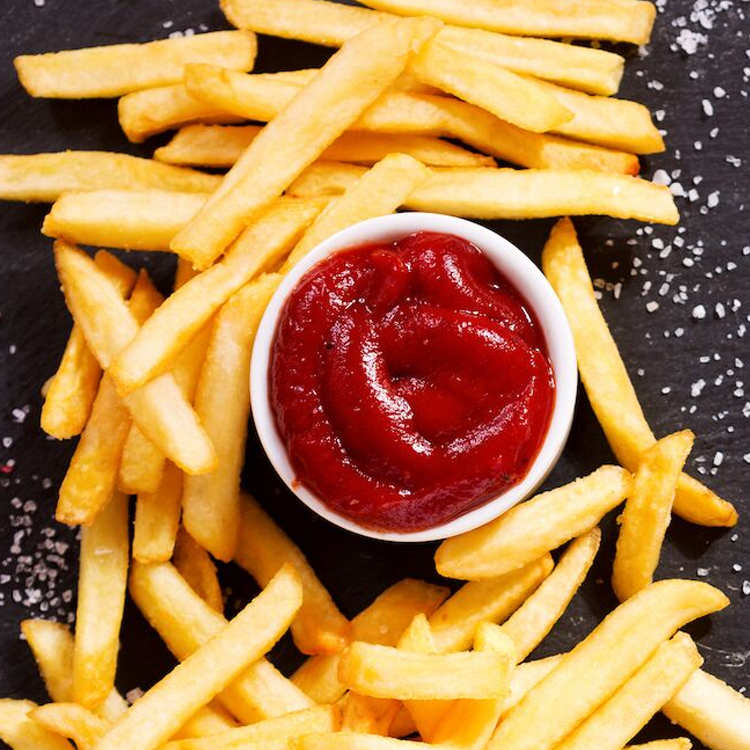
The Chemical War on our Diets
For most of the post-WWII period, the race in food technology has centered on creating more appealing products by manipulating the chemistry of processed foods. Major food multinationals have mastered the art of satisfying our palates, blending optimal amounts of fat, sugar, and salt to produce the products we crave.
This, for the record, explains why you can never eat just one crisp; the composition is deliberately designed to delight (and addict) your brain. And it’s not just sugar, fat, and salt we need to worry about; there is now a chemistry lab’s worth of chemicals and additives of all kinds in most of our food.
This manipulation of our diets is why Chris van Tulleken’s book Ultra-Processed People has seen such runaway success. Thanks, in part, to efforts like van Tulleken’s, people are finally starting to wake up to the harm produced by this approach.
Indeed, one only needs to look at recent NHS statistics to see the damage that turning away from natural food processes has done to the average person’s health. Each year, chronic diseases like diabetes, high blood pressure, and heart disease kill 157,000 Britons. The number of health problems has surpassed the capacity of our health systems, leading to 14-week-long wait times for appointments.
Our distended food supply chain has compounded the issue. We now expect all food to be delivered to all people at all times, regardless of whether it is in season or not. Our food system’s emphasis on convenience and profit has led to unsustainable practices that degrade the environment and diminish the nutritional quality of what we eat. It’s a cycle that exacerbates health issues while also harming the planet.
But the past need not dictate our future; there are different choices we can make as a society, including how we deploy our food technology. Entrepreneurs are now finding new ways to combine nature’s wonder chemicals in their foods. For instance, my company, VANA Health, concentrates 1,000 mg of polyphenols into a two-shot-a-day regimen. These formulations might not excite your palate in the same way a crisp does, but your body both loves and needs these compounds to maintain your health.
Studies show that naturally occurring polyphenols help with a range of health issues, including inflammation, sleep quality, cognitive function, and more. Polyphenols are just the tip of the iceberg; other scientists are working on similar products for flavonoids and carotenoids.
Names like resveratrol, proanthocyanidin, catechin, and quercetin—all major polyphenols—might not roll off the tongue like ‘Big Mac,’ ‘Pringle,’ or ‘Jaffa Cake,’ but they should and need to if we’re to reverse our current fortunes and become healthier. It’s time to embrace a future where food technology enhances our well-being rather than undermines it.
Reposted from International policy digest, by Sak Narwhal.

